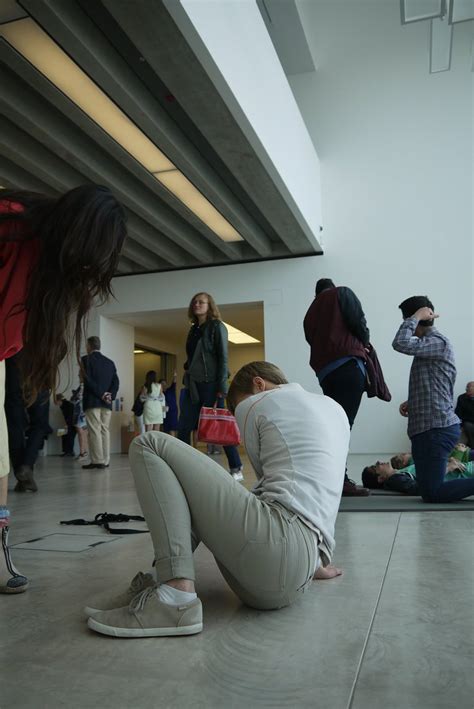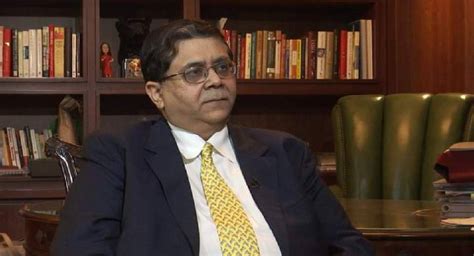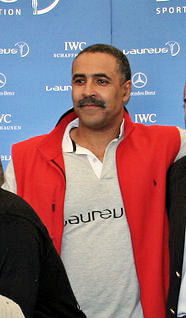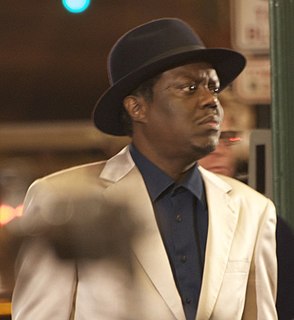A Quote by Leila Janah
I'd worked at the World Bank briefly as an undergrad and studied poverty levels around the world - particularly those earning less than $1.25 a day.
Quote Topics
Related Quotes
The World Bank is the monopoly provider of poverty data and, partly due to a leadership change there, the World Bank's reporting has been heavily on the rosy side since about 2000. The Bank's cultivation of an upbeat picture affords a very interesting lesson in statistics and how you can, depending on which numbers you present and how you present them, create a more positive or more negative impression of the evolution of poverty.
When we talk about gender pay gaps in the United States, and if you look at women without children, they earn 96 cents for every dollar that a man is earning, while for mothers it is about 76 cents. That's nearly 25 percent less. For single mothers, the situation is even worse. One third of them are living in poverty or just on the edge of poverty. This is an unacceptable situation.
Some 3 million years ago, when the earth was a little more than 3°C warmer than preindustrial levels (about 2.2°C warmer than today), Antarctica had far less ice and sea levels were a stunning 25 meters higher than today. If we stay on our current emissions path, the planet will almost certainly be that warm by the century's end.
In India you would find people who belong to the 10 richest people in the entire world, and you would find people whose poverty levels are sub-Saharan in fact practically: people who would probably make less than a dollar a day or would only have enough for one meal. Now, to have these kinds of contrasts coexist, is something which boggles my mind. We have a country that is making great economic progress, a country that is making his presence felt all over the world, but at the same time, it is unable to deal with some of these fundamental contradictions in our economic evolution.
I'd worked on leprosy and malaria in India [at the World Bank] and asked myself the question: Why do we let 2 million children die every year around the world for not having clean water? Because they're faceless and nameless. So, for me, Facebook looked like it was going to solve the problem of the invisible victim.
For half of the world's population, roughly three billion people around the world living on less than two dollars a day, an election is at best a means, not an end; a starting point, not deliverance. These people are looking less for an "electocracy" than for the basic elements that for most of us define a decent life--food, shelter, electricity, basic health care, education for their children, and the ability to make their way through life without having to endure corruption, violence, or arbitrary power.


































